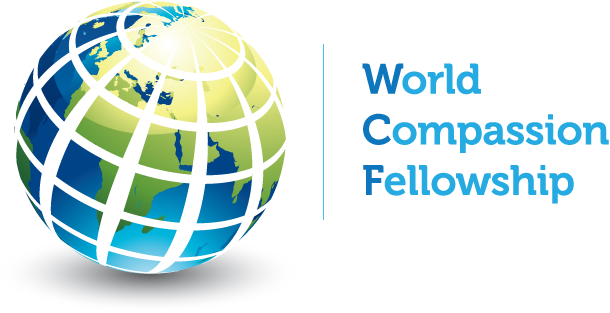
Lebanon
What We Provide
Explore WCF’s featured programs—Life Centers, Mobile Teams, and Humanitarian/Development. Click to learn more about each one.
-
Phone Life Centers
Learn moreWCF provides Medical & Dental care and Vocational Training at our Life Centers.
-
Donate with Check Mission Trips
Learn moreWCF sends medical and vocational teams to serve at our Life Centers, refugee and IDP camps and other locations.
-
Donate International Humanitarian/Development
Learn moreWCF provides disaster relief, food, shelter, education sponsorships and more.
The Background
The recent protracted multilayered conflicts in Iraq, Syria, Yemen, Sudan and other countries in the Greater Middle East North Africa (MENA) region have all caused a surge of millions of refugees and Internally Displaced Persons (IDP) throughout the region to settle into displacement camps or dense, poor urban areas in surrounding countries such as Lebanon, Jordan, Iraq and Turkey. The humanitarian and medical needs of the refugees have overwhelmed the already poor healthcare systems in these countries. Education access is also very poor for displaced populations. In some places, only 6% of IDP and refugee children receive an education past secondary levels.
Lebanon has faced a series of major crises. Lebanon is the 3rd most indebted country in the world and its currency was drastically devalued and the banking system was nearly paralyzed. Military conflict with its neighbor to the south has been the latest crisis.
WCF History In The Region
World Compassion Fellowship has treated more than 32,000 patients in more than 19 countries in our Mobile Medical Clinics. The Clinics provide primary care, treatment for infectious diseases, treatment for acute and chronic conditions, and other needed medical services and health promotion events. WCF has also organized intensive Business and Job Skills Training classes in 19 countries for more than 4,500 students.
WCF has launched 3 Life Centers throughout Lebanon and our Medical LCs have treated more than 44,000 patients and our Vocational LCs have served more than 1,200 students since 2018.
